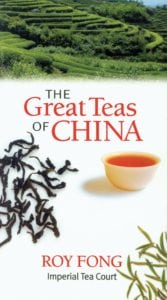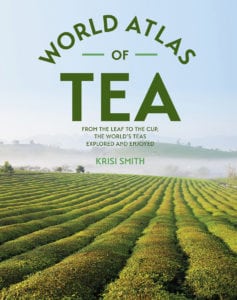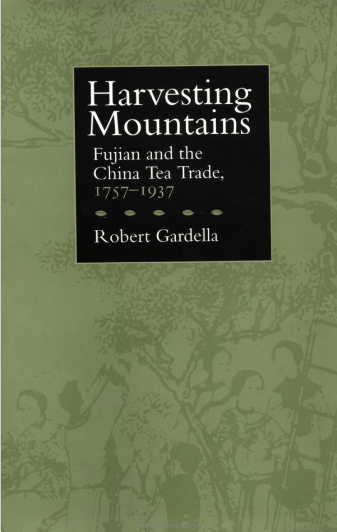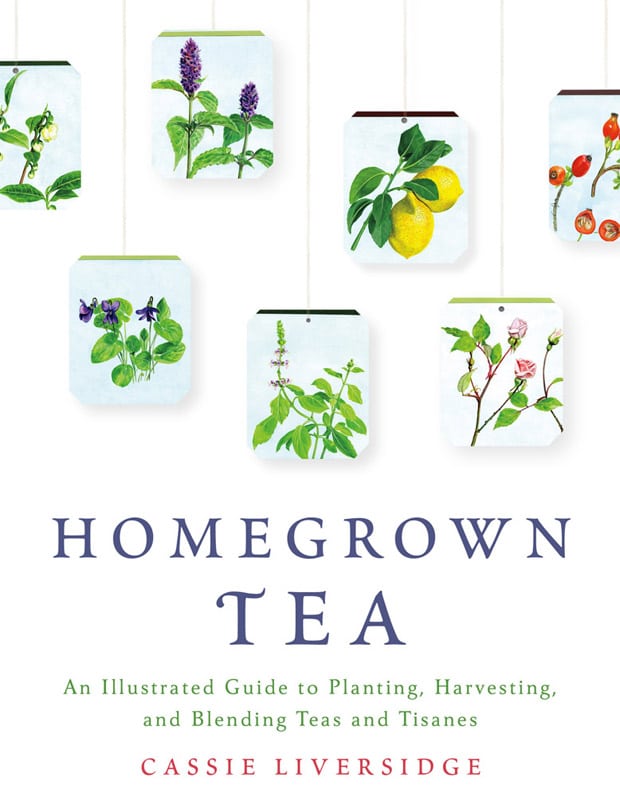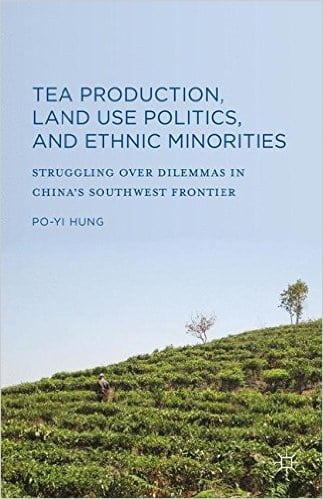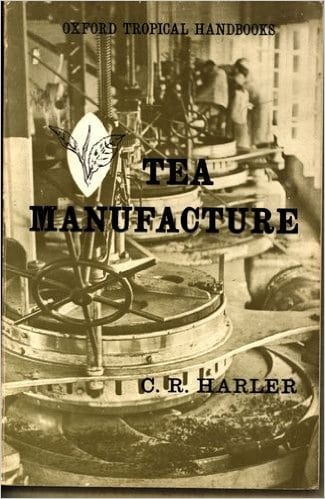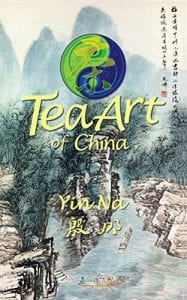 This was a book I received back at 2017’s Vancouver Tea Festival. The author had a booth at the event, and I also attended her talk on the different tea-growing regions of China.
This was a book I received back at 2017’s Vancouver Tea Festival. The author had a booth at the event, and I also attended her talk on the different tea-growing regions of China.
I never really spoke to her directly, but thought her talk was pretty interesting (I was the nerd up-front taking notes, naturally). The book was gifted by someone else running the booth as a copy to review. And then… I didn’t get around to it, as I got caught up in trying to finish my degree.
Unfortunately, the review got put on the backburner even longer–half-finished as I looked for a job and ended up losing all of my free time in the process. I had notes prepared, at one point, but I’ve since lost them. Continue reading




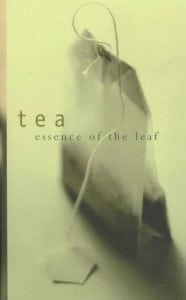
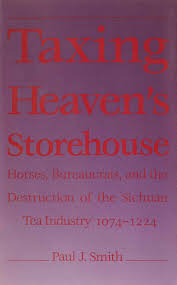
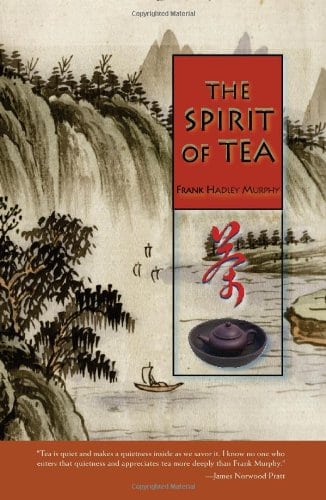 Fear not, a post on Mohammad Mirza is also in the works. I ended up stumbling on a great source in English, so now it’s getting a bit long and needs some editing. Until then, I’m still reading.
Fear not, a post on Mohammad Mirza is also in the works. I ended up stumbling on a great source in English, so now it’s getting a bit long and needs some editing. Until then, I’m still reading.